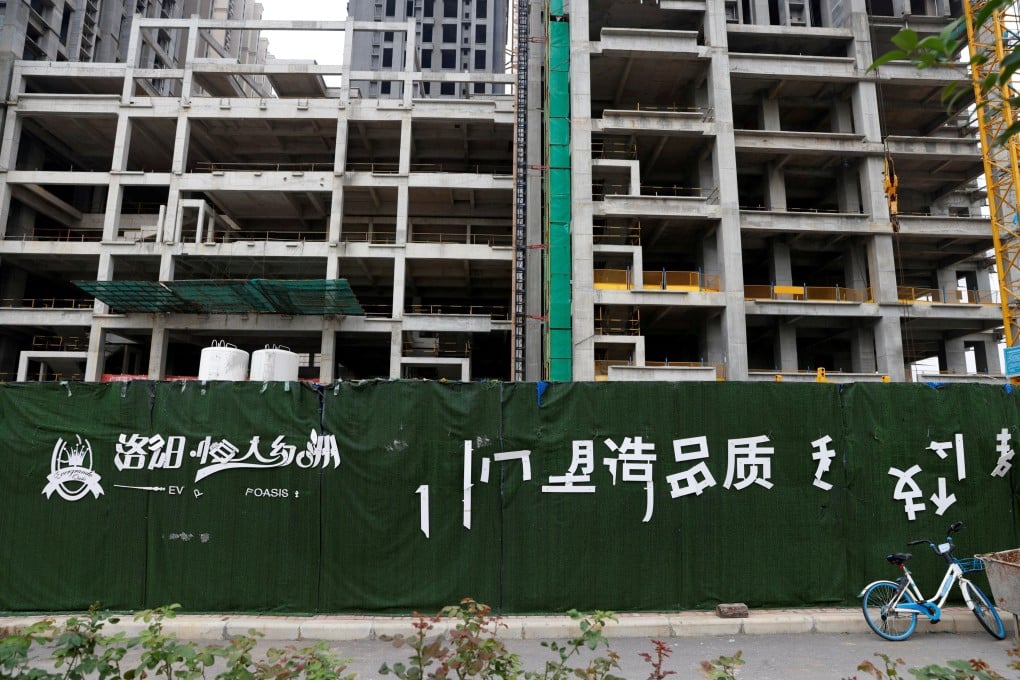Advertisement
Macroscope | China Evergrande debt crisis shows the need to fix global capitalism’s flaws
- Rather than being China’s ‘Lehman moment’, the property giant’s woes reflect lingering global problems with excess leverage and paltry regulation
- Policymakers worldwide should be intervening more with tougher regulation, greater prudential oversight and improved transparency to ensure global stability
Reading Time:3 minutes
Why you can trust SCMP
2

World financial markets are wrong to think Evergrande’s deepening debt debacle is China’s “Lehman moment” or a crisis of Chinese capitalism. If anything, it’s a crisis for global capitalism in a world which is largely overspent, over-lent and seriously underregulated.
The world is still disentangling itself from the aftershocks of the 2008 global financial crisis, which was a by-product of excessive speculation, reckless financial engineering and global policymakers who were pretty much asleep on their watch.
Thirteen years on and the world hardly seems to have learned its lesson. The subsequent explosion of global debt, the proliferation of easy money created by the world’s central banks, and the volatility of asset prices and global economic activity suffered during the pandemic leave the world in far worse shape to cope with future shocks.
Advertisement
There is no quick fix for a world in deepening crisis and no reason for complacency, either. We need to be quick to clear up the mess.
Policymakers still need to tackle extremes of education, poverty and wealth inequality around the globe and address the shortcomings of the corporate and financial world. It’s certainly a wake-up moment for China, but Beijing seems to be responding to the need for change.
The fallout from Evergrande’s US$300 billion debt saga should be contained domestically. Beijing is moving in the right direction by tackling the issues of corporate governance, financial excess and wealth inequality at home.
Advertisement
Select Voice
Select Speed
1.00x

